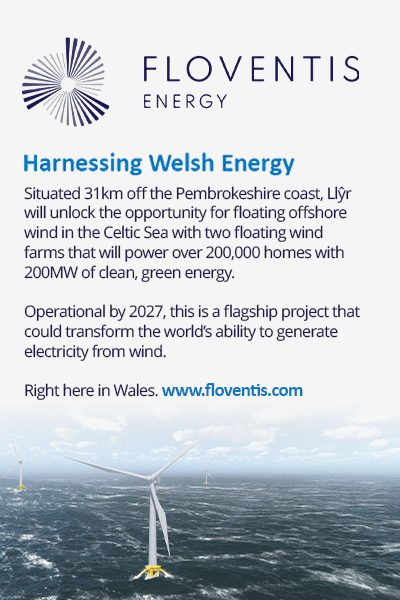A new report urges the next UK government to do more to deliver a net zero grid.
The report by Chris Skidmore, the former energy minister who took the UK’s net zero legislation through Parliament, and RenewableUK’s CEO Dan McGrail, urges the next government to accelerate the pace of building new infrastructure to connect renewable energy projects to the grid, among a wide-ranging series of recommendations.
The report focuses on measures to deliver a net zero grid, noting that the UK will need to build five times more electricity infrastructure in the next five years than we have in the past three decades.
At a Crossroads – Pathway to a Net Zero Future was published by the Mission Zero Coalition, which is chaired by Chris Skidmore, on the fifth anniversary of net zero being signed into law. It sets out in detail what the group says needs to happen over the next five years to keep the UK’s net zero ambitions on track.
The report calls for an efficient and democratic planning consent process which encourages good quality applications across renewable technologies which make the best, most efficient use of the land available, as well as promoting community engagement and community benefits. The report suggests that new local civic assemblies could be set up to work together with developers to address any concerns about the impact of projects. It highlights the fact that planning departments are under-resourced, so they are unable to make decisions in a timely manner.
It also recommends a more strategic approach to building an electricity system which reduces constraints, to balance supply and demand at a minimal cost to consumers. For example, it says that co-locating wind and solar farms alongside battery storage projects can play an important role in managing the variability of renewables to the benefit of billpayers, saying new policies are needed to incentivise this.
It says that reforming the UK’s electricity market to recognise the value of these projects would enable more of them to go ahead.
However, the report cautions against more radical reforms to the energy market, instead advising an evolutionary approach to maintain the confidence of international investors.
It calls for consultations on how to modernise the Contracts for Difference scheme to enable consistent volumes of renewables to be deployed year on year.
The report also highlights the importance of maintaining a sufficient flow of skilled and specialised workers in areas such as electrical engineering, and manufacturing in our offshore wind supply chain, citing National Grid statistics which show that a workforce of more than 400,000 people will need to be recruited to a net zero energy workforce to reach the UK’s 2050 target on time.
It emphasises the importance of digital technology in our data-driven energy system, which it says can help to integrate increasing amounts of variable renewable power and improve grid reliability. It calls for ministers to set up a new task force to ensure that data is shared more widely to enable this.
The Chair of the Mission Zero Coalition Chris Skidmore said:
“The report brings together a coalition of businesses, industry network organisations and policy experts. Whoever forms the next government will need to prioritise the net zero transition further and faster than ever before if we are to meet our target of decarbonising 68% by 2030. The report provides a comprehensive roadmap on what needs to happen not only in the next five years, but in the next 100 days and one year. I hope that the incoming government will use it as a template to deliver what we need to achieve to meet net zero.”
RenewableUK CEO Dan McGrail said:
“We hope that the next government will use the detailed recommendations set out in this report as a blueprint to enable the UK to stay on track to reach net zero. Ofgem estimates a net zero grid would deliver £10 billion of savings for consumers by 2050, so the imperative to build a grid that’s fit for purpose to make the most of renewables is as important for billpayers and our energy security as it is for the planet. As the report states, the longer we wait to decarbonise, the more billpayers lose out”.
The Mission Zero Coalition arrived at its recommendations after holding 11 workshops involving a wide range of companies and stakeholders in the energy sector from all over the country, who are supporting the conclusions of the report.





